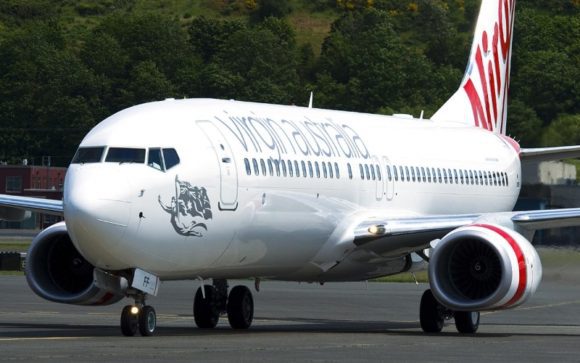
E190 E2 Virgin 1 scaled
Embraer has emerged as the winner in a competition between the Airbus A220 and its E190-E2 at Virgin Australia. The carrier ordered 8 E190-E2 jets to replace its long-serving Fokker 100 fleet. Deliveries are scheduled to begin in the second half of 2025. The E190-E2 fleet will be based in Perth and operated by Virgin Australia Regional Airlines.

“When the new E190-E2 enters service from October 2025, it will become the first new aircraft in the Western Australia charter market this century,” said Jayne Hrdlicka, Virgin Australia Group CEO. “The E190-E2 is the most fuel-efficient aircraft in its segment and will reduce emissions by about 30 per cent compared to the outgoing F100. These aircraft also feature significantly lower noise profiles and enhanced passenger comfort.”
Virgin Australia Regional Airlines, formerly Skywest, has been a proud fixture in the Western Australian landscape for more than six decades. VARA joined Virgin Australia Group in 2013 and now operates more than 250 services per week.
The Group was founded in the year 2000 by Sir Richard Branson and is now one of the largest Australian airlines operating an extensive domestic network as well as short-haul international services, charter and cargo operations, and its loyalty program, Velocity Frequent Flyer. The Group employs more than 7,800 people and boasts more than 12 million Velocity members who can use their Points to redeem flights to over 600 destinations around the world through Virgin Australia and the airline’s extensive list of international partner carriers.
“The E2 is a game changer,” said Martyn Holmes, Chief Commercial Officer, Embraer Commercial Aviation. “We are excited to welcome Virgin Australia to the Embraer family and look forward to seeing our best in class E2 – renowned for comfort, quietness, and low emissions – take the Airline to even greater heights.”
Since it was founded in 1969, Embraer has delivered more than 8,000 aircraft. On average, about every 10 seconds an aircraft manufactured by Embraer takes off somewhere in the world, transporting over 145 million passengers a year.
Views: 30



